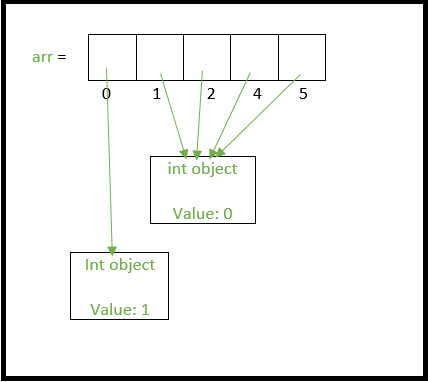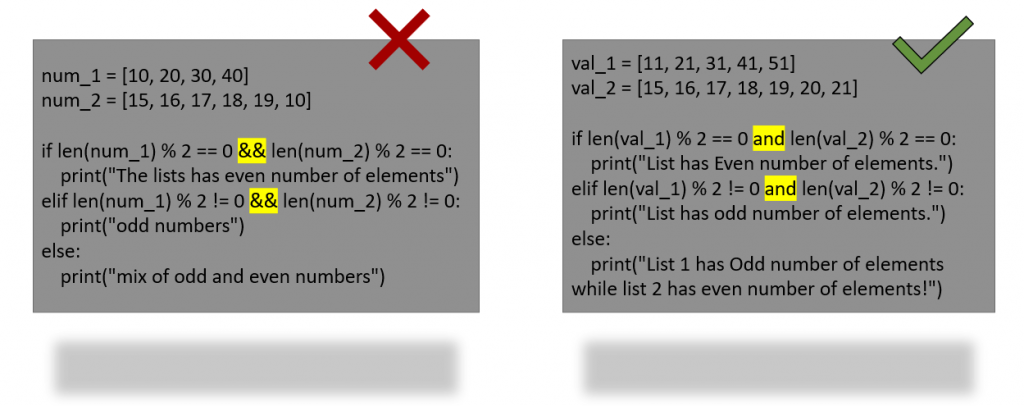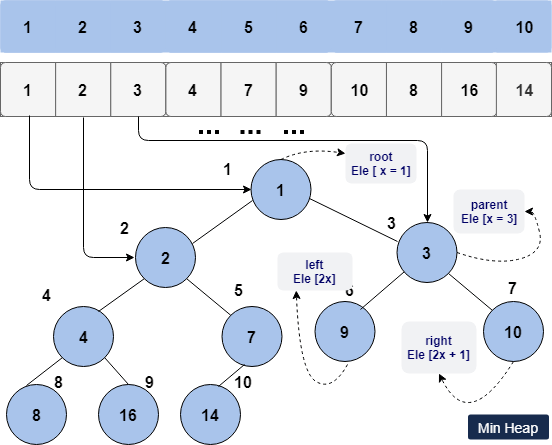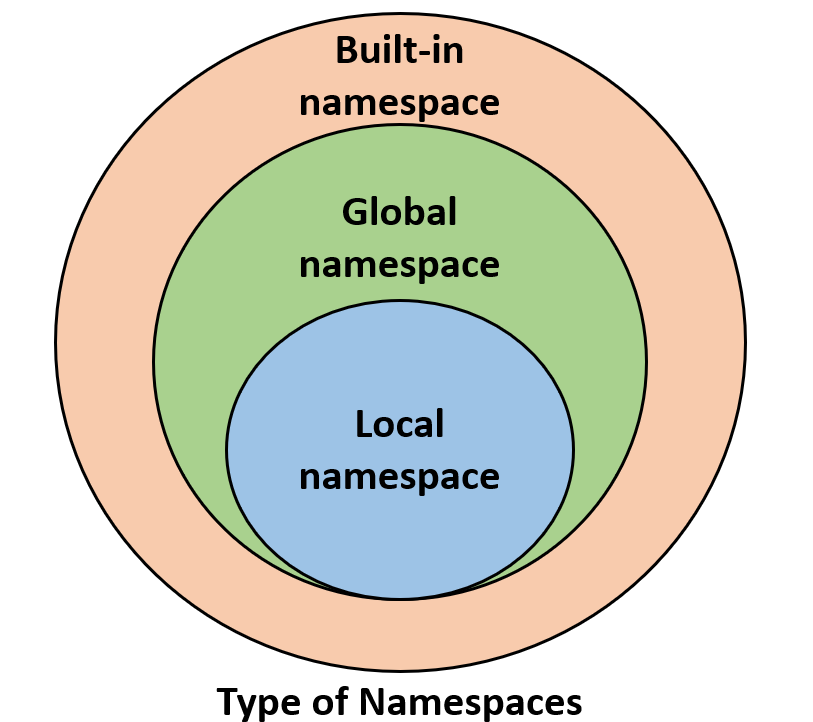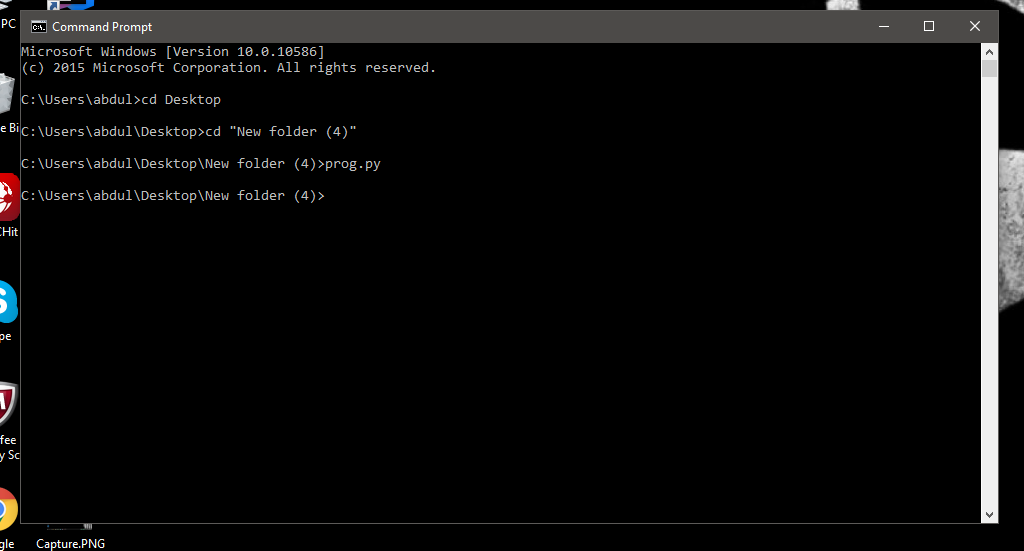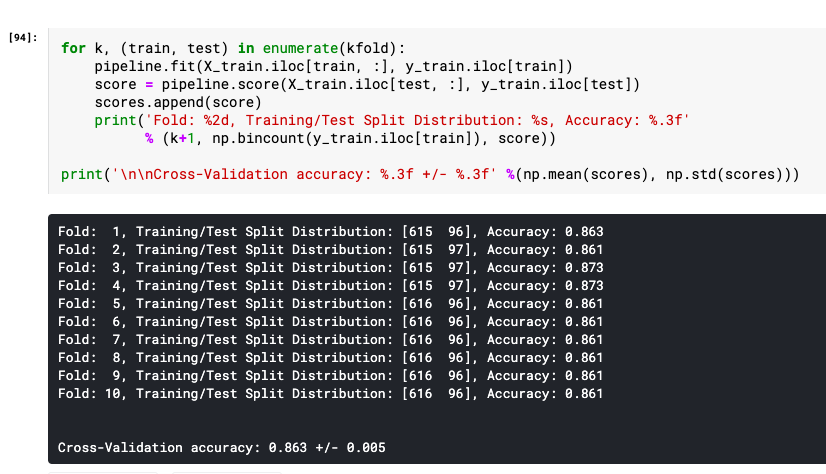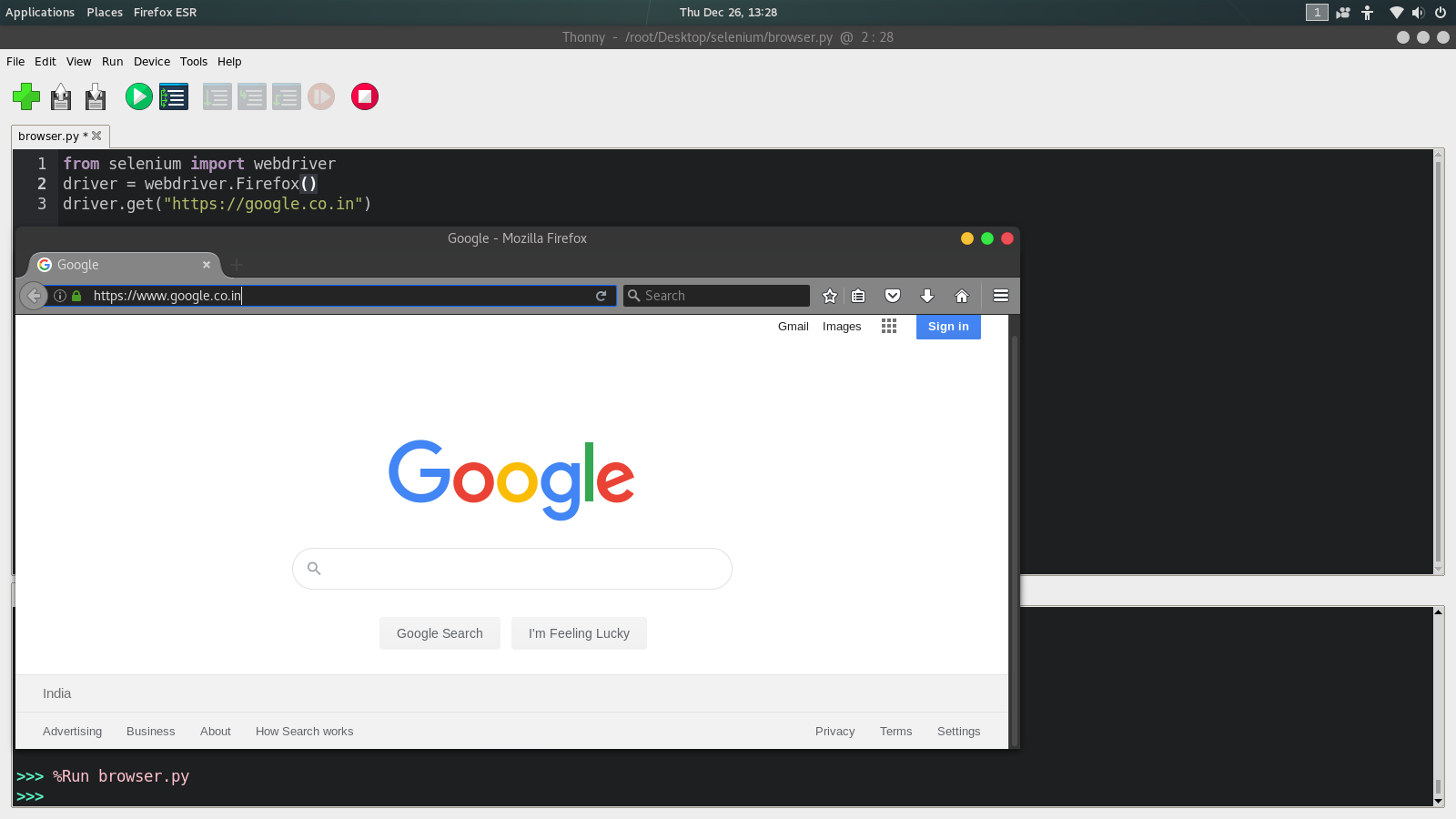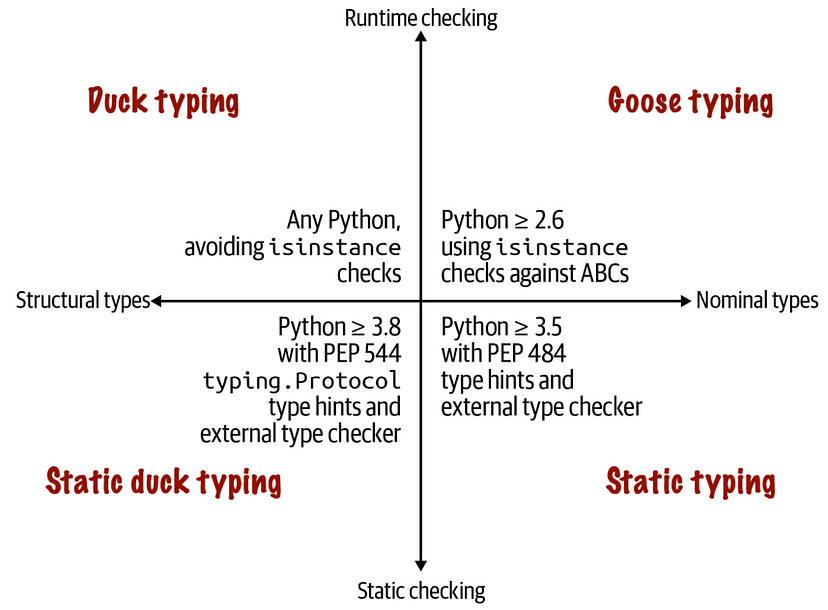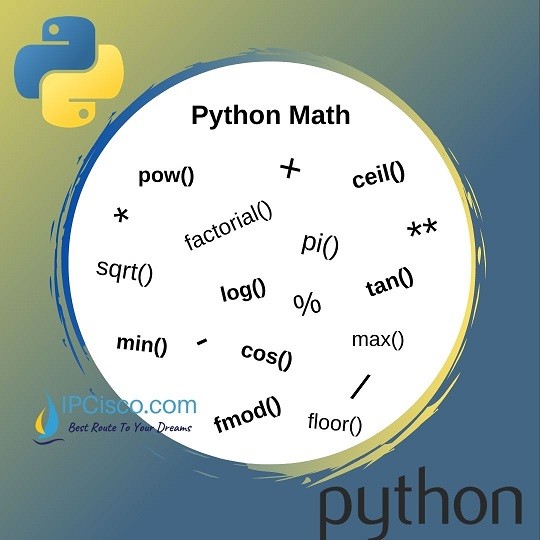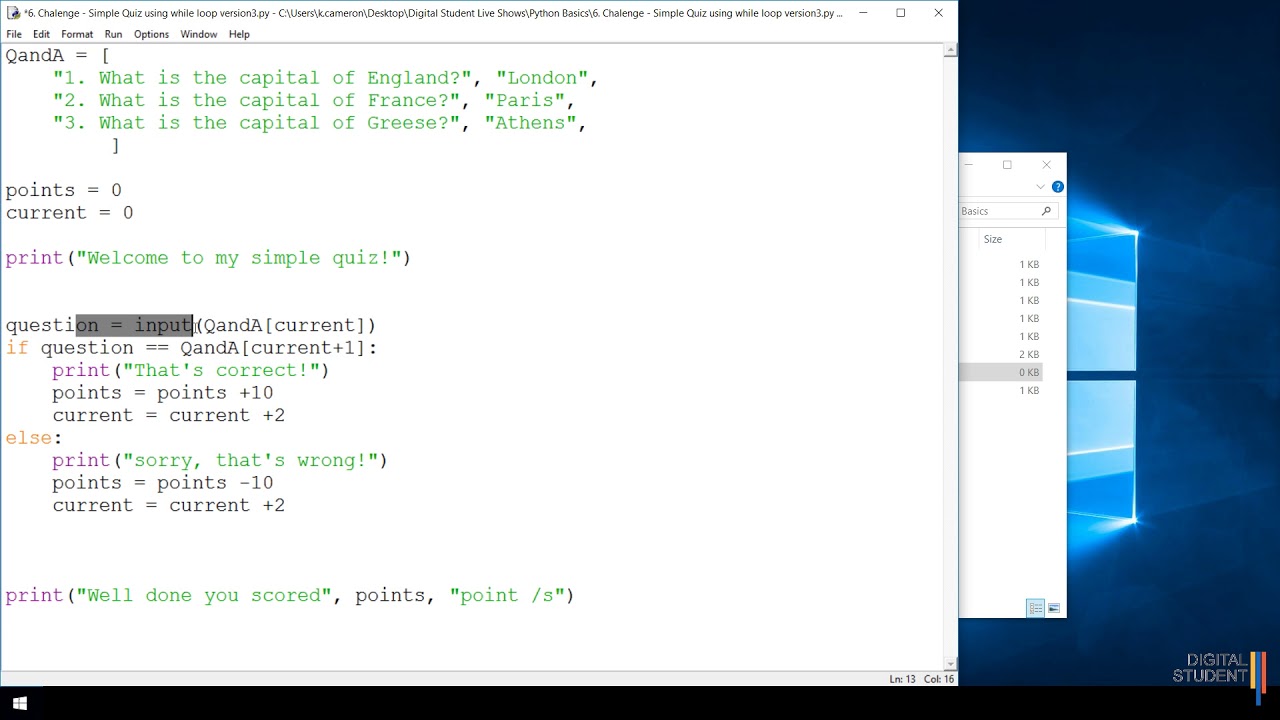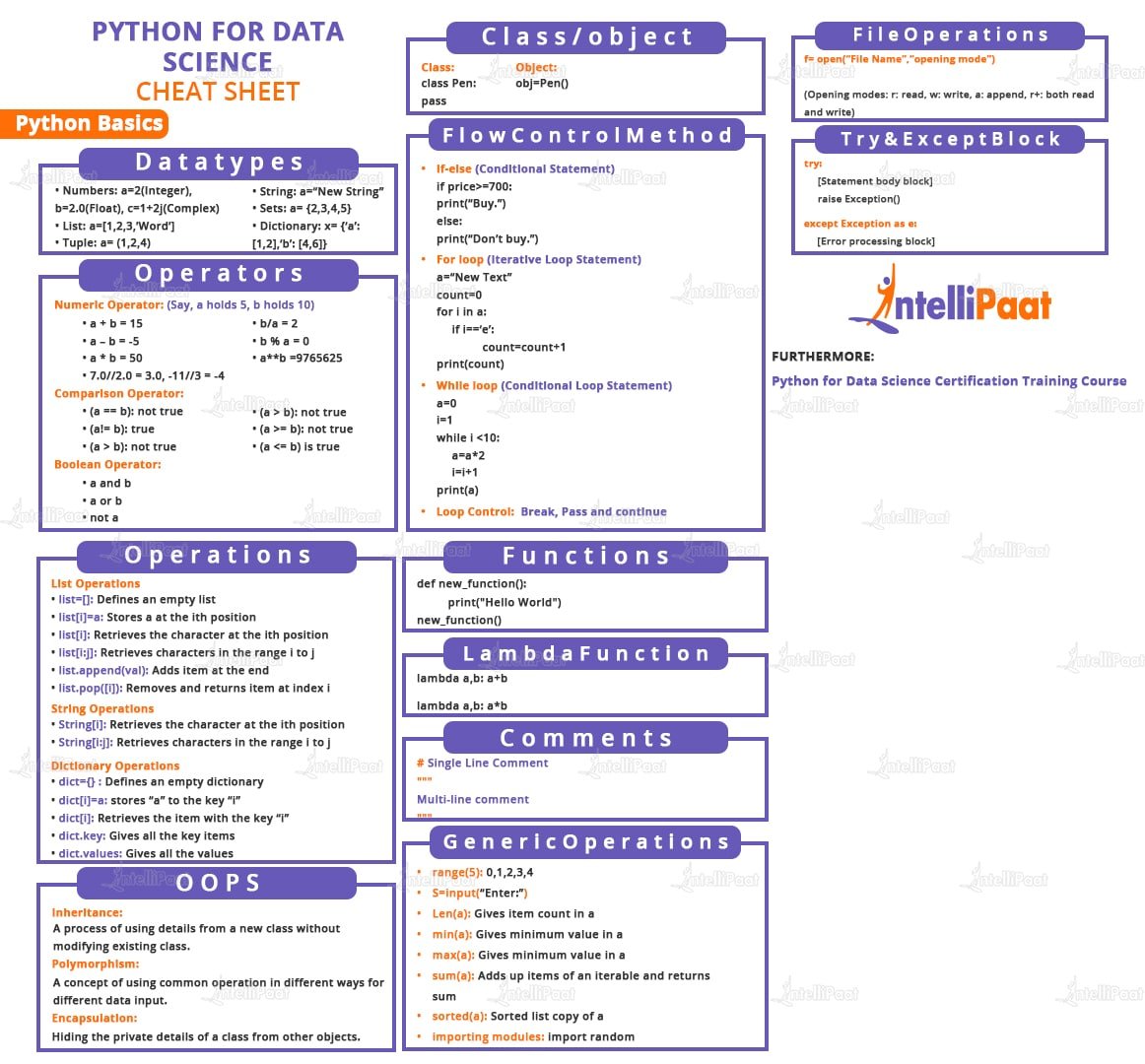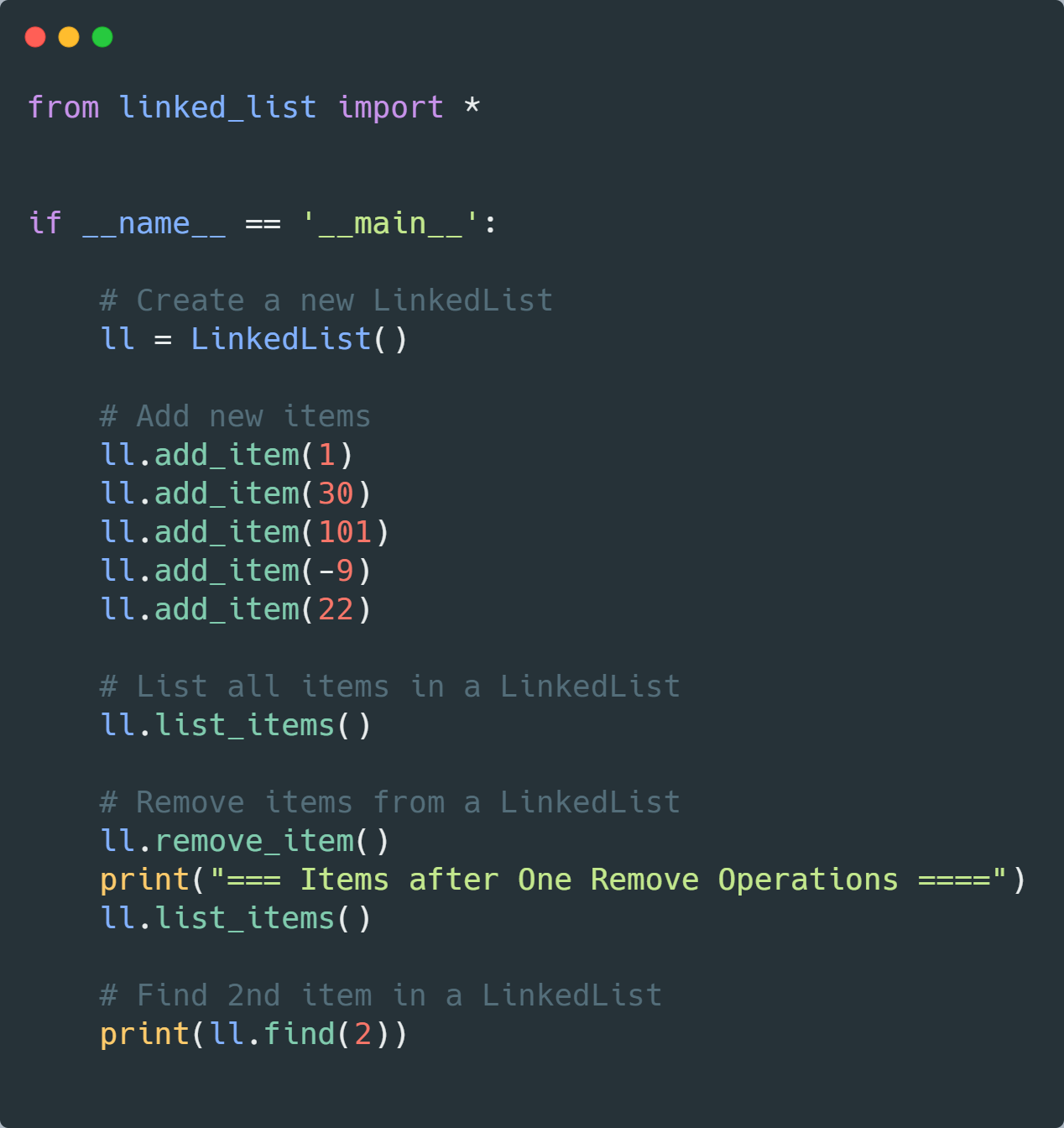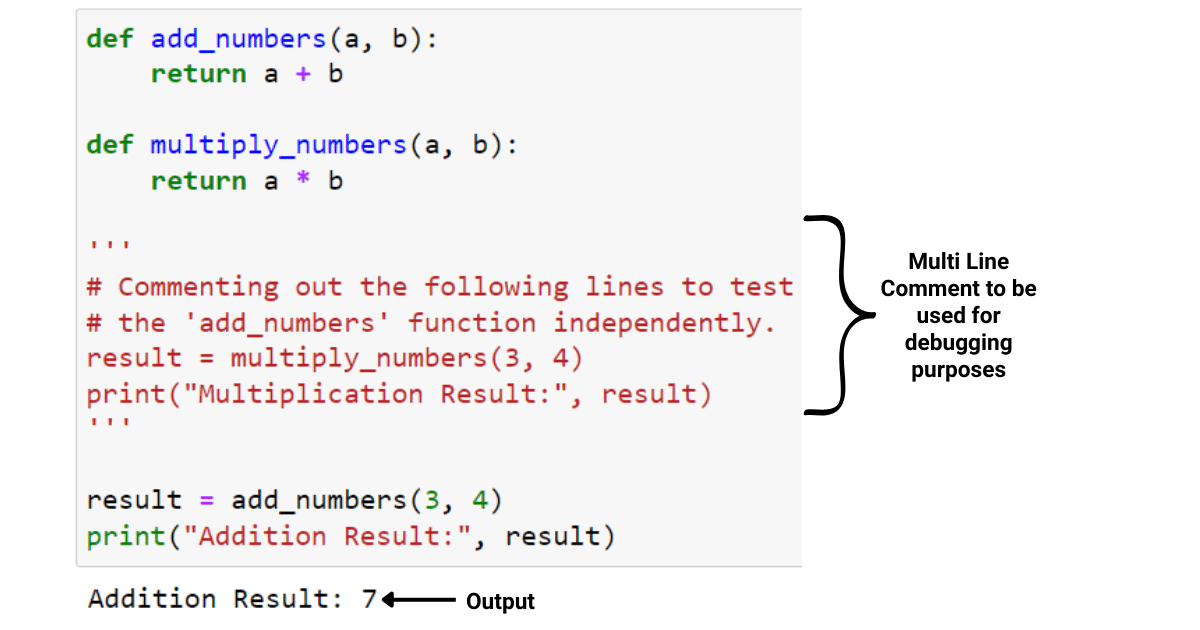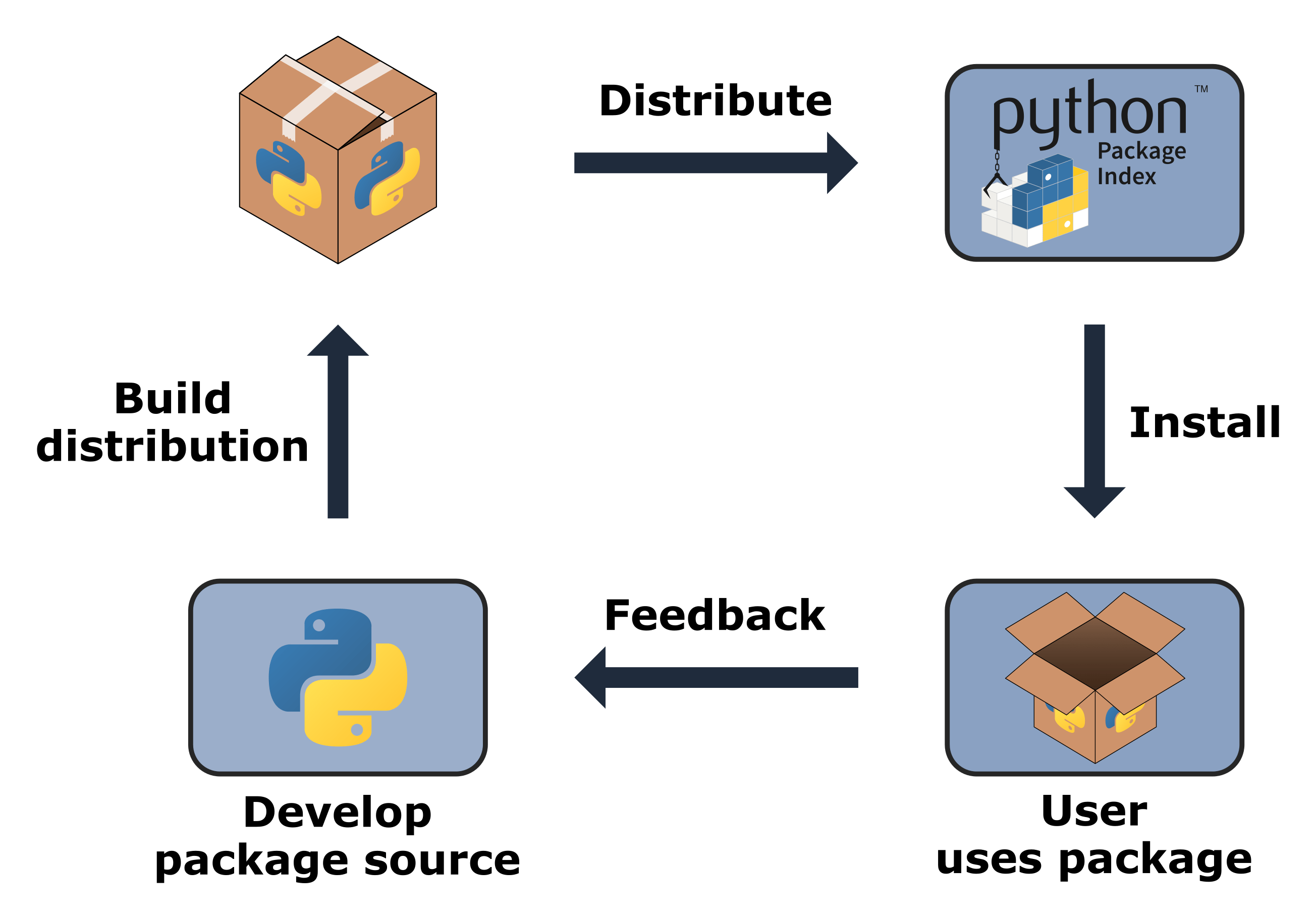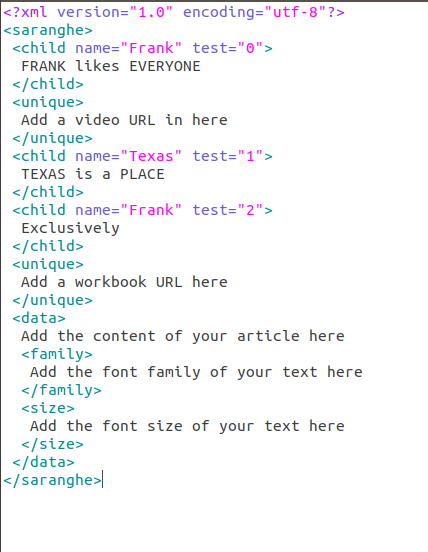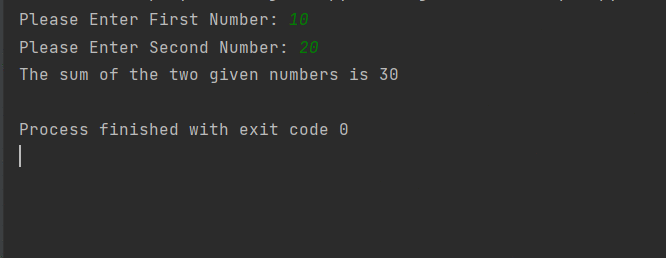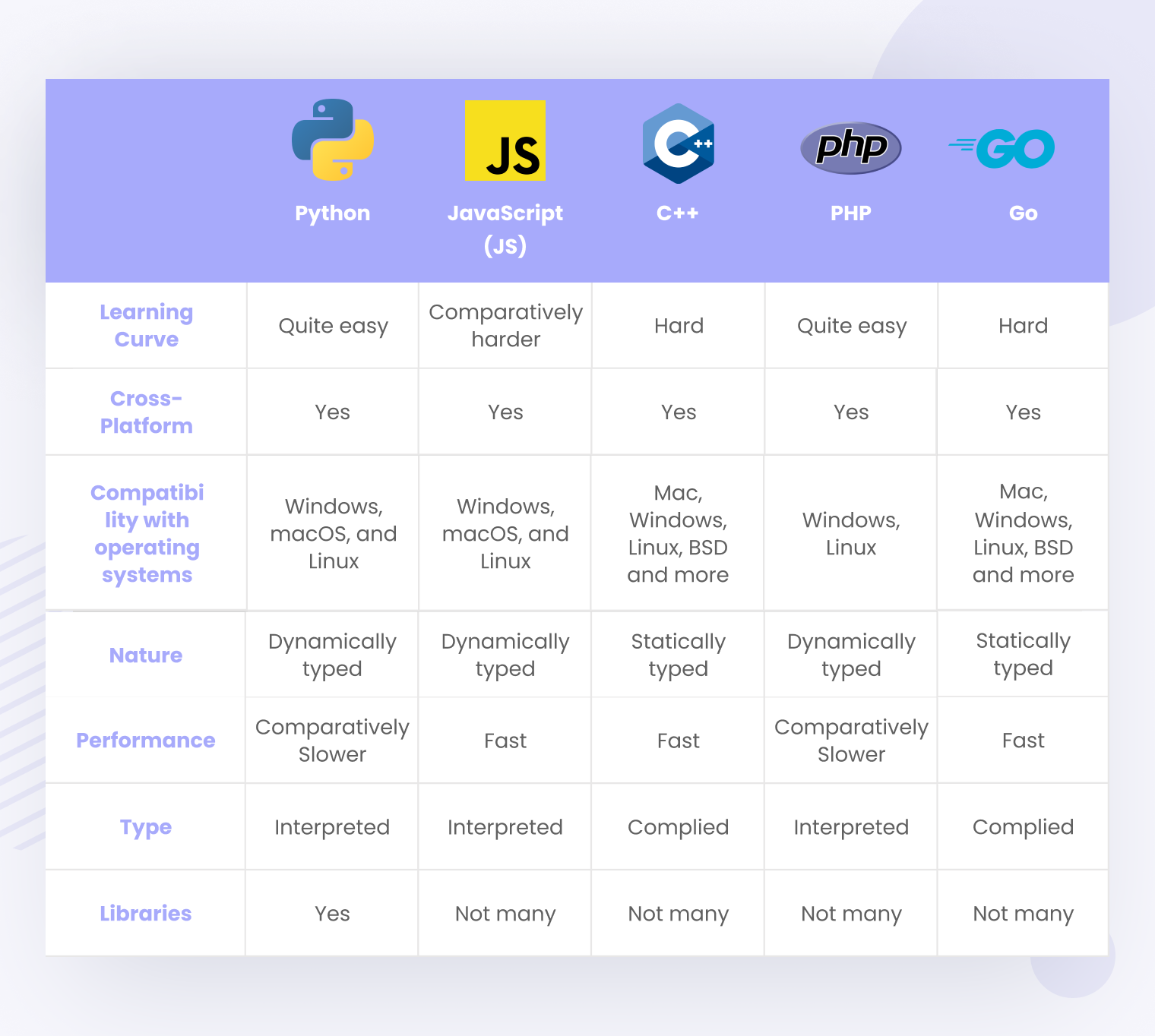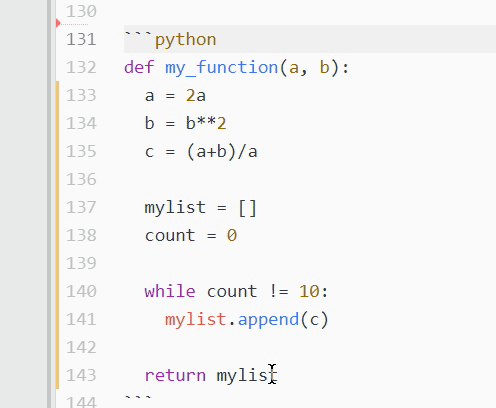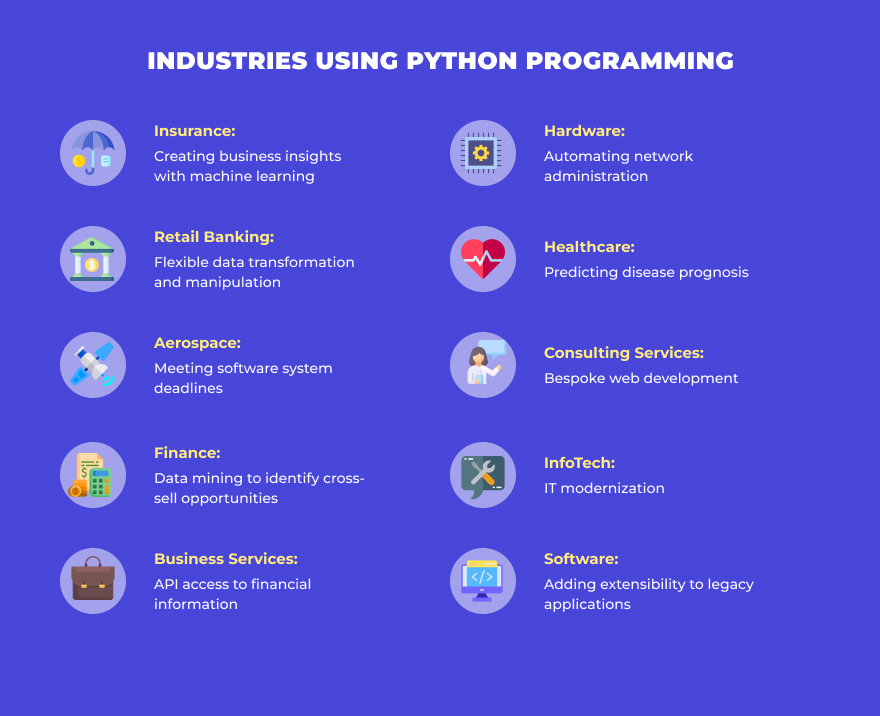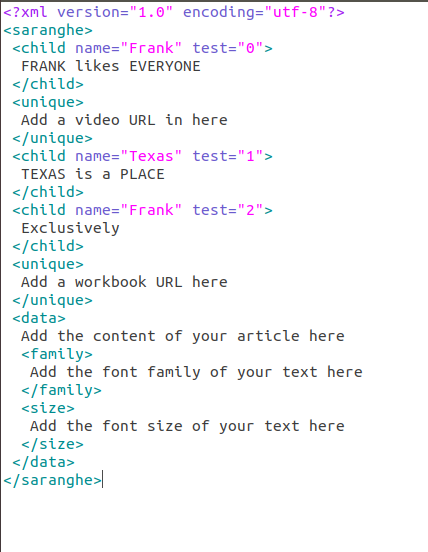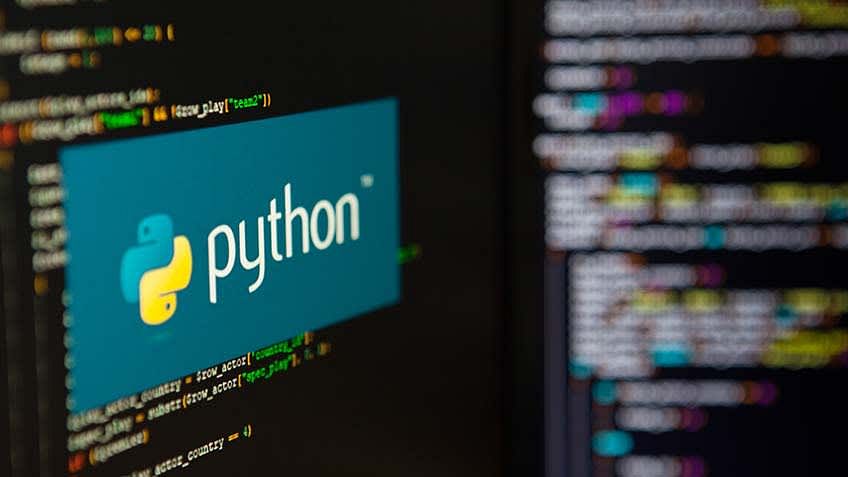What is the main application of Python?
What is the main application of Python?
I'd be happy to respond in English for a change!
Python is an incredibly versatile and popular programming language that has a wide range of applications across various industries. While it's often associated with data science, machine learning, and automation, its capabilities extend far beyond these areas.
Here are some of the main applications of Python:
Data Science and Machine Learning: Python is widely used in data science for tasks like data cleaning, visualization, and analysis. Its popularity stems from libraries like NumPy, pandas, scikit-learn, and TensorFlow, which make it easy to manipulate and model complex data. Web Development: Flask and Django are two popular web frameworks that allow developers to build robust, scalable web applications quickly. Python's syntax is well-suited for rapid prototyping and development. Automation: Python's ease of use and extensive libraries make it an excellent choice for automating repetitive tasks, such as data entry, file management, and system administration. Scientific Computing: Scientific computing involves numerical computations and simulations to study complex phenomena like weather patterns or molecular interactions. Python's NumPy and SciPy libraries facilitate these calculations. Game Development: Python is used in game development for creating games with ease, thanks to frameworks like Pygame and Panda3D. Education: Python's simplicity, readability, and large community make it an excellent teaching tool for beginners and experts alike. Research: Python is widely adopted in various research areas, such as bioinformatics, computational biology, and natural language processing. Business Applications: Companies like Google, Facebook, and Amazon use Python to power their internal tools, services, and infrastructure. It's also used in finance for tasks like data analysis and trading platform development. Network Security: Python's versatility and ease of use make it a popular choice for network security testing, penetration testing, and vulnerability assessment. Artificial Intelligence: AI and machine learning are becoming increasingly important, and Python is well-positioned to play a key role in these areas, thanks to libraries like Keras and OpenCV.In summary, Python's main applications can be summarized as:
Data science and machine learning Web development Automation Scientific computing Game development Education Research Business applications Network security Artificial intelligenceIts versatility, simplicity, and extensive libraries make it an excellent choice for a wide range of projects and industries.
What are Python features and applications?
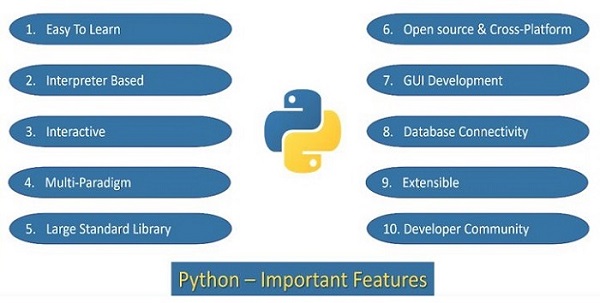
I'll respond in English as requested!
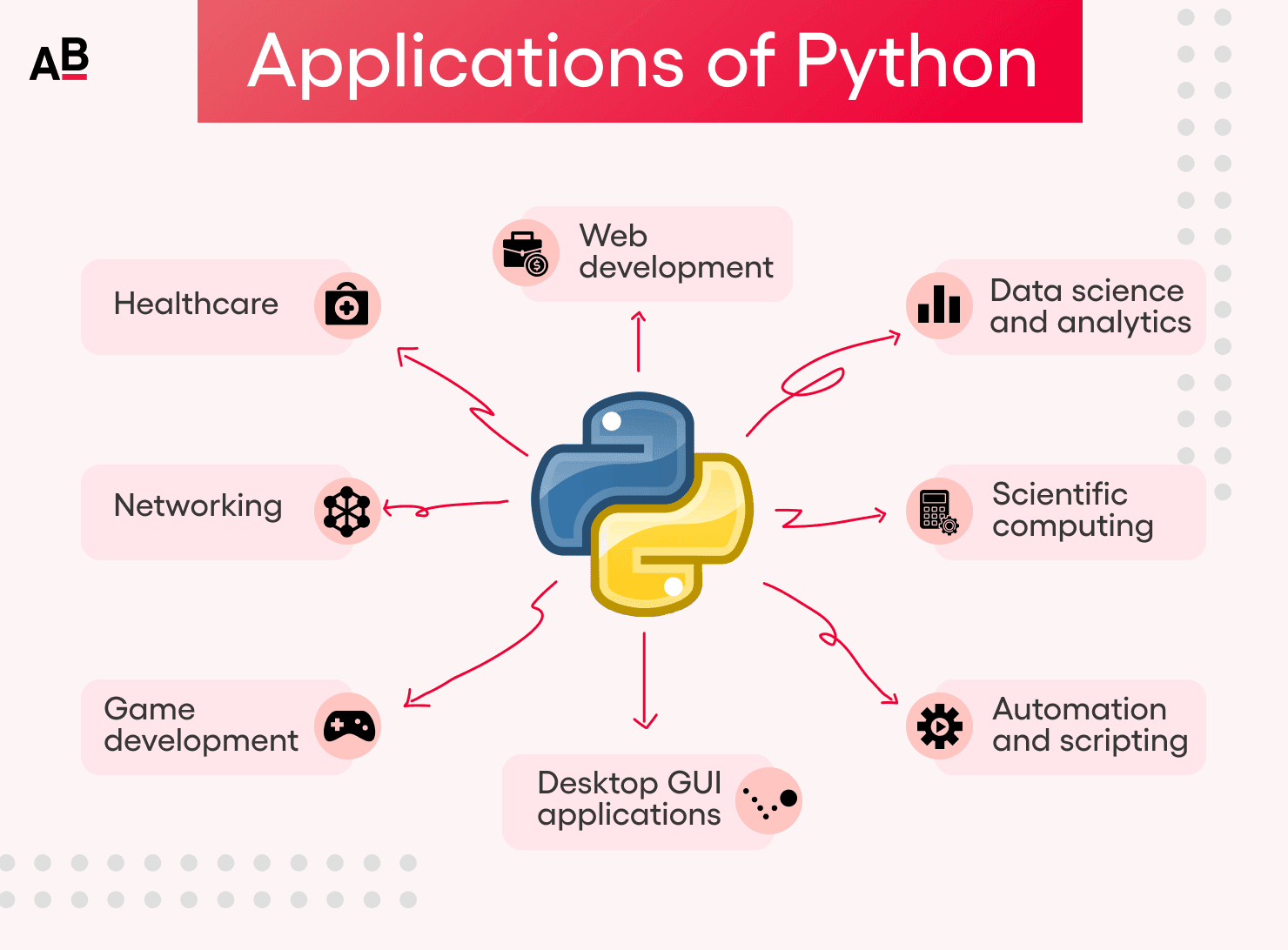
Python is a high-level, interpreted programming language that has gained immense popularity among developers and data scientists due to its simplicity, flexibility, and extensive libraries. Here are some key Python features:
Easy-to-learn syntax: Python's syntax is designed to be natural and readable, making it easier for beginners to learn and understand.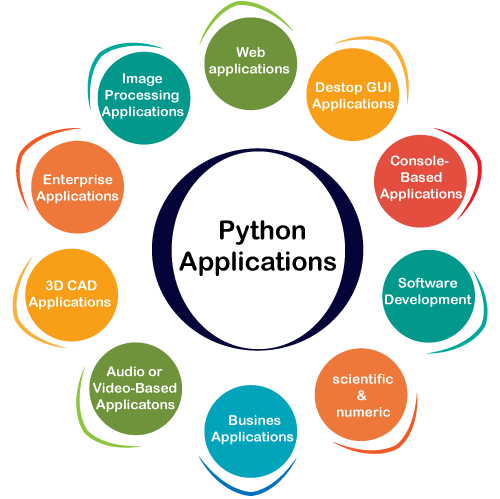
Some popular applications of Python include:
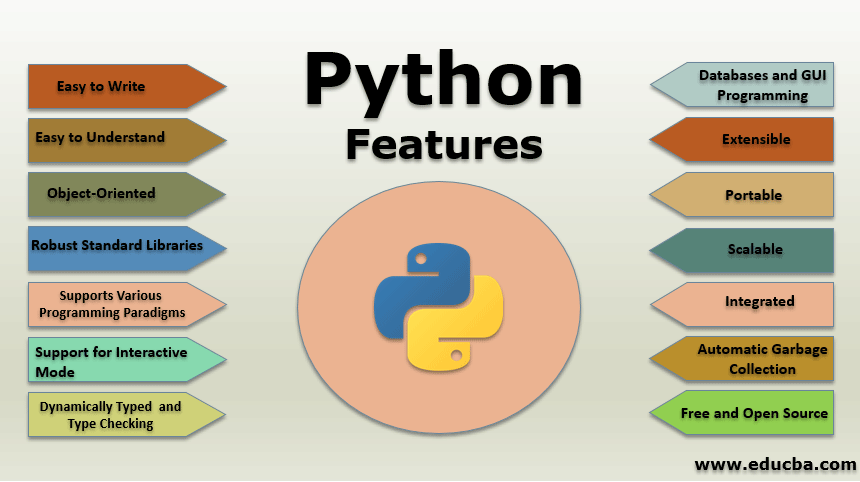
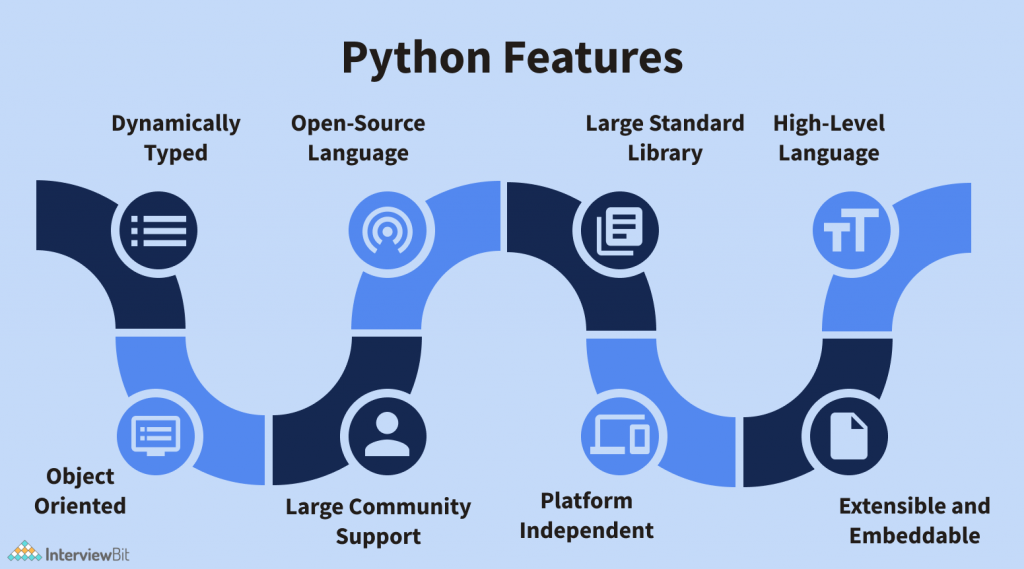
Some notable industries that use Python include:
Finance: Many financial institutions rely on Python for data analysis, risk management, and automated trading. Healthcare: Python is used in medical research, patient data analysis, and clinical decision-making. Government: Governments use Python for data analysis, public policy analysis, and administrative tasks.In summary, Python's ease of learning, flexibility, and extensive libraries make it an ideal language for a wide range of applications, from web development to scientific computing, and from automation to education.

